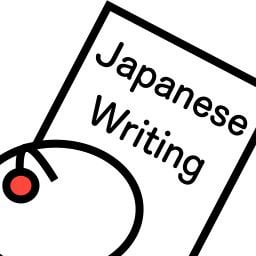- First line - how I know how to write it in かな。
- Second line - how Google Keyboard says it’s supposed to be written, かんじ and everything.
- 3rd line - English translation of what it is SUPPOSED to say haha
私はなまえはイエスです。 (私は名前はイエスです。) ( My name is Jesus).
私は27さいのだんさいです それとけっこわんです。 (私は27歳の何歳です それと結婚です。) (I’m a 27 year old man, and I’m married.)
みずはだいすきです。 (水は大好きです。) (I love water.)
ごはんすきです。 (ご飯好きです。) (I like rice.)
アメリカ人のラメンだいすき! (アメリカ人 ラーメン大好き!) (I love American ramen!)


I’ll address your corrections in numerical order haha.
so I’ve noticed that in casual speech, the formal “私は” is omitted most of the time, because by context, most will understand you’re referring to yourself. So, “名前はイエスです” would probably be more appropriate in that setting.
so, I know that the ひらがな sometimes has a different meaning then if the same pronunciation was written in なんじ. But I don’t know かんじ well enough to write using them. So I just write it using かな and hope it still means the same thing hahaha. I did notice you used “している”, instead of “です”. Google translate says that it means “are doing” or something along those lines. Why would that be used instead of "です?
glad it’s good!
glad it’s good!
I just learned a new word! “式” “アメリカ式すし” “日本式”
Again in numerical order:
wow, very interesting. I did t know it extended beyond casual. Thanks! Would you have an example or like a “rule of thumb” for when NOT to commit the topic?
so, in this context, “be married” would be more appropriate than “is/am married”? Was it because I was doing a literal translation? Literally translating “I am married” instead of adapting my speech to the norm in Japanese syntax?
awesome, thanks :)
that actually makes complete sense. I haven’t learned much about progressive forms (or any other forms really, thanks Duolingo -_-), so it’ll still take some time for me to wrap my head around it. Thank you :)
Glad to be of help :)